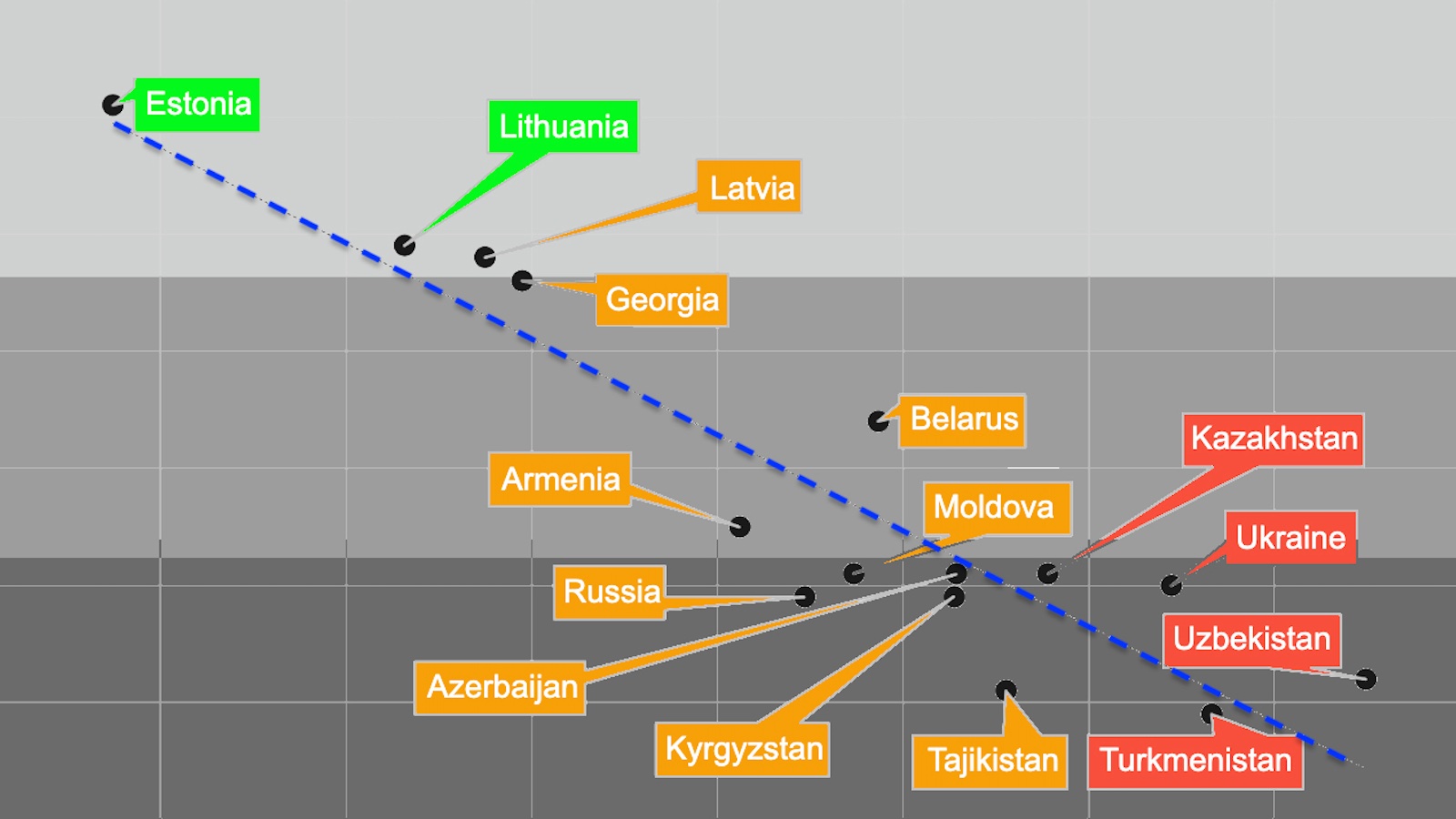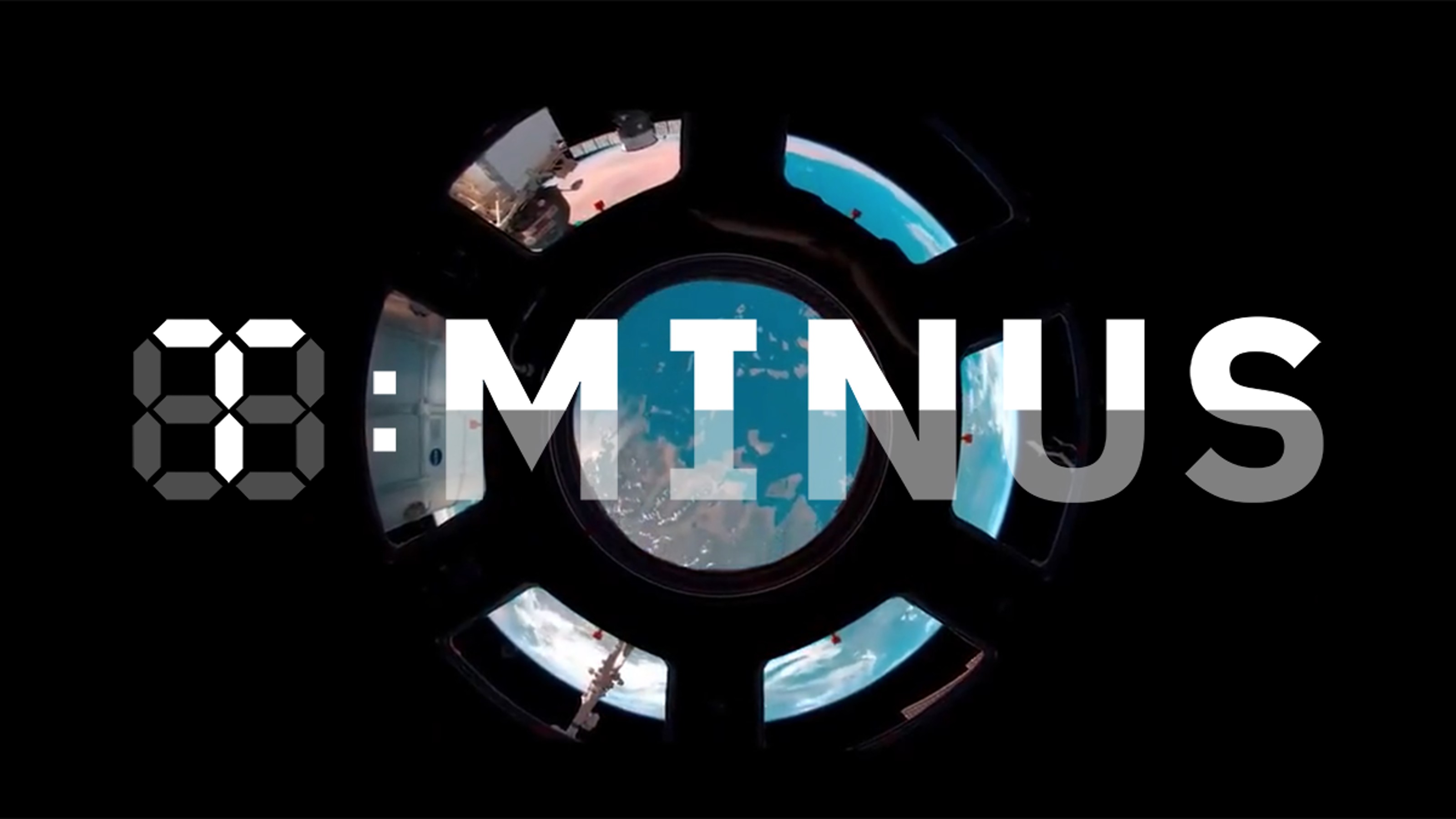The ex-governor delivers a stinging critique of Obama’s economic team and outlines what he would do in Tim Geithner’s place.
Question: You’ve called for emails between the New York Fed and AIG to be released. What do you believe they would reveal?
rnEliot Spitzer: Well, understand that the New York Fed is at the vortex of all the regulation that is supposed to occur with respect to banks. The New York Fed is the least known, but most important regulatory body out there. It oversees all of the financial institutions, controls access to borrowing for these institutions, and actually has individuals from the New York Fed present at each of the banks. So, it can see and hear and feel what’s going on in the marketplace, and yet it failed abjectly to see what was going on in terms of leverage in terms of risk exposure, etc.
rnNow, this is all while Tim Geithner was President of the New York Fed and Tim Geithner said when he was being confirmed for Treasury Secretary, he had never been a regulator. Which should have been not just a flare; it should have been an exploding missile saying this guy didn’t understand his job. And I think he has failed as Treasury Secretary as a consequence. Put that aside for a moment.
rnThe AIG debacle and the bailout of AIG, where $180 billion of tax money was funneled through AIG, much of it then being passed through AIG to the counterparties, everybody from Goldman Sachs on down, were given 100 cents on the dollar on credit default swaps they had bought from AIG for no apparent reason Goldman was given a check for $12.9 billion, which is, parenthetically, just about precisely the profit they booked last year, calendar year ’09. So, the entirety of Goldman’s profit you can think of as a taxpayer infusion. Why did we give that to them?
rnNow, Geithner and Blankfein would say, because we were owed it. What? Now, what possible reason was there for taxpayers to give Goldman Sachs that money? I want to see what their conversation was back and forth. Would Goldman have failed absent of that infusion? Did we negotiate with Goldman in return and get stock, get warrants; did we negotiate the amount of the payment? Why 100 cents on the dollar? All sorts of other people have been taking huge financial hits. Why did Goldman get paid off?
rnThere are many, many areas of inquiry that would be exposed and would be explained if we could break through and see AIG’s emails radiating out into the regulatory and financial center.
rnQuestion: Do you believe Secretary Geithner was in bed with large banks, or just unwilling to stand up to them?
rnEliot Spitzer: Well, let me make it clear. I don’t think Tim Geithner is a bad person by any stretch of the imagination. He’s not corrupt. He’s not taking bags of cash. He’s not morally in anyway suspect. He’s just wrong. And as I say, there’s no crime in being wrong. We are all wrong at one point or another in varying degrees, and I’m certainly in that category as well, as everybody knows. So, he was wrong. So, when I say he failed as Treasury Secretary, or has failed as Treasury Secretary and as President of the New York Fed, it’s because he did not bring the right set of principles and understanding of what his regulatory role was supposed to be. He embraced the Alan Greenspan worldview of “let them do what they want because the marketplace somehow will provide a magic answer.” And that I think is the intellectual error that he has committed, along with Larry Summers, and again, extraordinarily smart, brilliant individual, but just wrong. And there’s no crime in being wrong, but I think that they have just taken us to a point, in terms of economic policy, that is not good and we have all paid a price in terms of the cataclysm of the past two years.
rnQuestion: What would you do differently if you were on Obama’s economic team?
rnEliot Spitzer: Well, understand that when the meltdown occurred. And so, let’s begin at the point of the meltdown. Prior to the meltdown, to give you a quick answer on that, leverage was completely out of control. There should have been dramatic limitations in a scaling back of leverage. There should have been a redefinition of what banks that had access to the federal window, the federal reserve window, in terms of tax, gaining access to federal guarantees and actual cash could do with that money and that’s prospectively as well.
rnSo, retrospectively, they failed to control the leverage and the risk that was coursing through the system and that’s why we refer to it as systemic risk. Prospectively, the fundamental reform we need, and thankfully the President has now begun to listen to Paul Volcker much more than to Tim Geithner and Larry Summers on this, we’re beginning to say to banks, we will no longer permit you to ask taxpayers to cover the downside while you keep the upside. Notice the asymmetry between risk and reward is what led to the massive overleveraging and over exposure of the system. It’s what we have called, it’s somebody else’s line not mine, we’ve socialized risk and privatized gain. And anytime I can play with a huge pile of money, and if Iose it’s your problem, but if I win I keep the upside, of course I’m going to get involved in much riskier investments than I should. And so, we need to correct that balance, scale back the leverage, tell the banks, do what banks are supposed to do. If you want access to federal dollars, to guaranteed deposits, lend that money to people who will create jobs, who will be businesses borrowing to expand, rather than using it for either hedge funds, private equity investments, proprietary trading, the sorts of endeavors that create great risks through the system.
rnSo, that is one structural issue which the President has now begun to focus on. Whether it’s post-Massachusetts and post-political meltdown or not, it doesn’t really matter to me. He’s now getting that right and I’m hoping that Geithner and Summers are having their wings clipped because they’re the ones who were not articulating for the President the obligation to put that sort of reform in place.
Recorded January 21, 2010
Interviewed by Austin Allen





